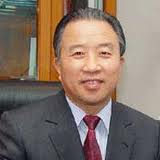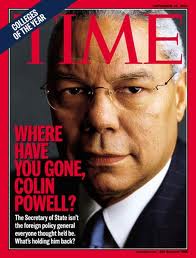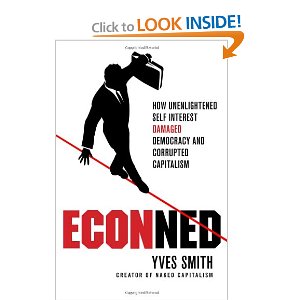
China says does not want to “replace” U.S. as world power
Reuters 6 December 2010
China does not want to “replace” the United States from its dominant role in the world, and the world should not fear China's rise, the country's top diplomat wrote in an essay.
State Councillor Dai Bingguo said that China would not engage in an arms race, as the country's resources were better spent on development and ensuring its people had enough to eat.
“The notion that China wants to replace the United States and dominate the world is a myth,” Dai wrote in the essay carried on the Foreign Ministry's website (www.mfa.gov.cn) late on Monday.
“Politically, we … respect the social systems and development path of the different peoples of the world,” he added.
Rest of Reuters short report….
NIGHTWATCH Comments: Dai's essay has a defensive tone that suggests the international community expects too much of China. If that is the case, the Chinese nurtured those expectations by their world-wide economic offensive, infrastructure projects in central, south and southeast Asia, port developments in the Indian Ocean and aggressive actions to assert Chinese territorial sea claims in East and Southeast Asia. In promising to be a “responsible participant” in the international system Dai is trying to lower expectations. He is disavowing any pretense to leadership with respect to North Korea and Iran, both of whom are Chinese clients and beneficiaries. Chinese actions, arms sales and investments contradict the self-effacing theme. Nonetheless, the modern successor to the Central Kingdom appears to be trying to tutor the rest of the world on how to look on and behave towards China.
Phi Beta Iota: Colin Gray, in Modern Strategy, reminds us that time is the one strategic variable that can not be replaced nor purchased. China understands this, the USA does not. China has made some very serious mistakes, notably with respect to water and energy, but on balance, on a per capita basis, it has been much more intelligent than the USA, and absent a radical change in how the USA is governed, we expect that to continue. Similarly, Brazil, India and Indonesia, the demographic powers of the future, appear to be less corrupt in their strategic leadership, more thoughtful in their operational campaigns, and less likely to self-destruct as the USA is doing.
Review: The Search for Security–A U.S. Grand Strategy for the Twenty-First Century
Review: Strategy–The Logic of War and Peace, Revised and Enlarged Edition
NIGHTWATCH Extract: China-Iran Rail + China ReCap
Review: Charm Offensive–How China’s Soft Power Is Transforming the World
Opening Beijing’s Seven Secrets
1975 MA Paper: An Outline of the Structure and Strategy of the Foreign Affairs System of the People’s Republic of China






